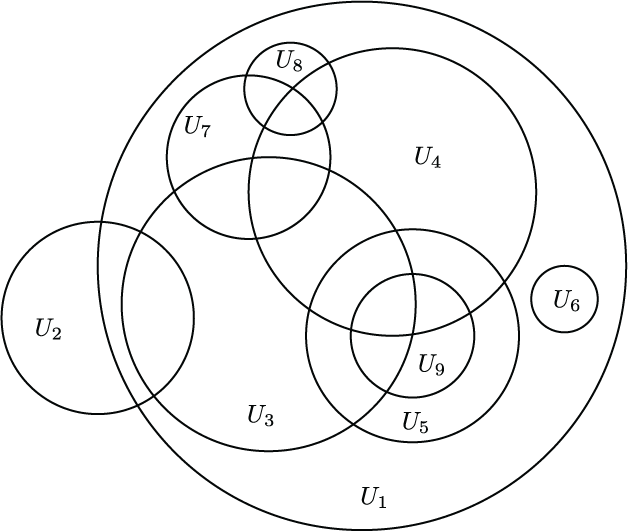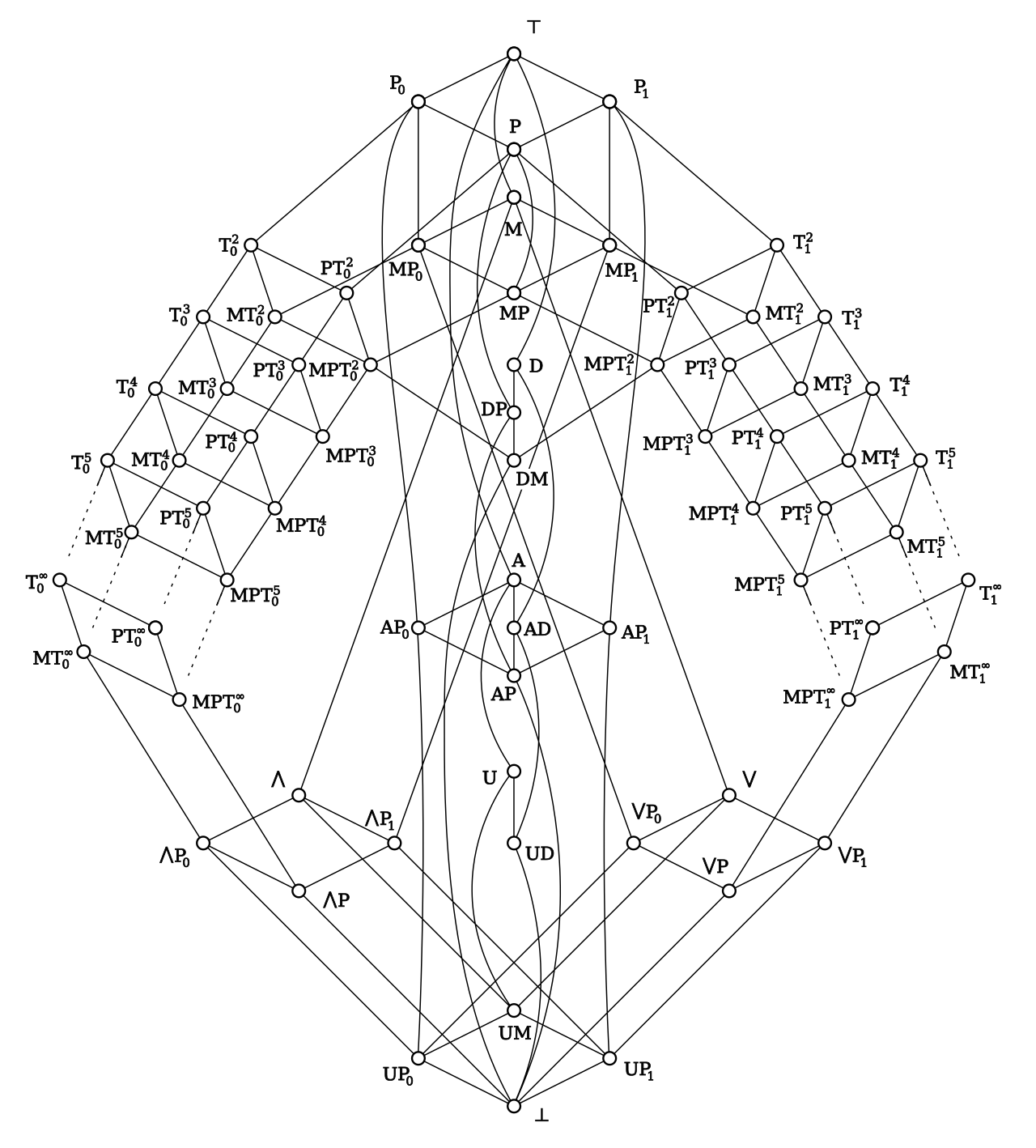2023 Summer Experiences in Mathematical Sciences
The Department of Mathematical Sciences is happy to offer an opportunity for research and study in mathematics in the summer of 2023. This program (SEMS) is offered free of charge to Carnegie Mellon students in good standing who major in mathematics. Students who participated in SEMS in previous years are not eligible to apply again. Students are expected to devote at least 20 hours a week to any research project they join. Students who have already made serious time commitments in the form of participating in internships, taking more than 10 units of summer courses or working as teaching assistants in the summer should not apply for these experiences. Students who are receiving funding for summer research (through the SURF program or through faculty research grants) are not eligible to apply to participate in the research projects listed here.
Interested students must apply in order to participate. Acceptance into any particular SEMS project is not guaranteed. Furthermore, the department may cancel projects that do not generate sufficient demand. Students can join at most one of the research groups. Funding through faculty research awards may be available for some projects for students with excellent preparation for these projects.
Applications for SEMS 2023 are now closed.
Students who are accepted will be notified by Wednesday, May 3, 2023.
Students who participate in SEMS are expected to attend the Undergraduate Summer Research Seminar in-person or on Zoom. The Undergraduate Summer Research Seminar will have one meeting each week from June 15 until July 20. The students are also expected to give a small presentation of their work at the SEMS symposium that will take place at the beginning of the Fall 2023 semester.
Participating in SEMS qualifies students for SURA credit. For information on how to apply for SURA see https://www.cmu.edu/uro/summer research fellowships/sura/index.html.
➤ Realizations and Obstructions for Convex Codes
Advisor: Amzi Jeffs
Every collection of convex sets in Euclidean space "cuts out" a variety of regions, similar to a Venn diagram. Unlike a Venn diagram, we might want to avoid cutting out regions of a certain type. Figuring out when we can do this is a very challenging question in general, but there are a variety of ways to make the problem more tractable. For example, we can restrict our attention to the plane, or use simpler types of convex sets like axis-parallel boxes or open balls. In this project we will explore several questions in this vein.

Prerequisites: Students with backgrounds in discrete math (21-228) and/or combinatorics (21-301) will be well-prepared for the project, though all interested students are encouraged to apply.
June 12 - August 4
Modality: In-person.➤ Problems on random simplicial complexes
Advisor: Andrew Newman
A random simplicial complex is a higher-dimensional generalization of a random graph. They are studied not only for their combinatorial properties, but also for their geometric and topological properties. Therefore the study of random simplicial complexes is an important component of the broader field of stochastic topology, which has applications in topological data analysis. For this SEMS project students will spend the first couple of weeks learning the necessary topology and about the various random models, and then, based on students' interest(s), will select from several proposed problems to work on for the remaining time. Examples of possible projects include establishing new results for random manifolds, examining average case complexity for algorithms in computational topology, and writing code to run simulations to experimentally compare different random complex models.
Prerequisites: No prior knowledge of topology is required, but a probability course (21-325 or equivalent) is a prerequisite. As some projects may have a programming component, programming experience will be helpful but not required.
May 22 - July 21
Modality: In-person.➤ Compactness principles for CSPs
Advisor: Riley Thornton
CSPs are a class of problems from computer science which come with a beautiful theory of complexity. To a given CSP, we can associate a compactness principle (a weak form of the axiom of choice). This project will explore the structure of implication between these compactness principles over choiceless set theory and the extent to which it reflects the complexity notions from CS.
Prerequisites: Concepts of Mathematics (21-127 or 21-128) and Discrete Mathematics (21-228). Knowledge of basic logic or set theory would be helpful, but not required.
June 5 - July 28
Modality: Hybrid (mostly in-person, with a few meetings on Zoom).➤ Numerical Approximation of Degenerate Differential Equations
Advisor: Noel Walkington
Large areas in the Arctic have been frozen for thousands of years (permafrost), and large amounts of greenhouse gasses percolating from deep in the earth are now trapped underneath them. Climate scientists need to model how these dissolved gasses will be released as the permafrost thaws, and the mathematical models of this process involve many "degenerate" equations. For example, the equation modeling the evolution of the gases phase can degenerate to 0=0 if all the gases are dissolved in the liquid. These degeneracies give rise to many numerical challenges, and the analysis of algorithms to solve such equations is in its infancy. This project will involve the development, analysis, and performance of numerical algorithms to solve simplified models (differential equations) exhibiting degeneracies.
Prerequisites: This project involves differential equations (21-260) and computer programming. Numerical methods (M21-369) and Linear Algebra (21-341 or 21-344) will be useful but not necessary.
June 5 - July 28
Modality: In person.